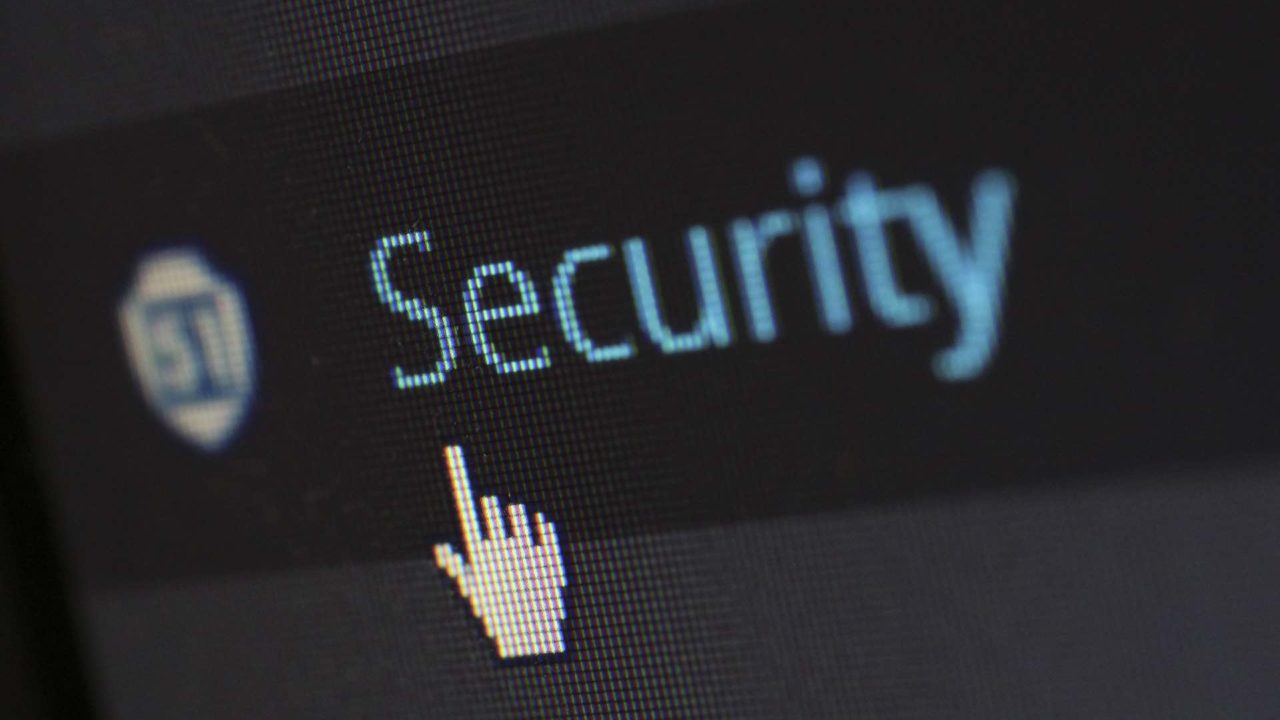Top Security Tips for Securing Your Online Learning Platform

- Date: 17 Dec, 2019
Over the past few years, E-Learning platforms have grown immensely popular with intuitive learning software offering a fun, interactive, and engaging experience to the users. Millions of users use the E-Learning platform to gain in-depth knowledge using on topics related to their area of expertise and interest via online tools and resources. This has led to an increase in E-Learning companies offering online courses to facilitate quick learning from anywhere with 24/7 access to such courses.
The primary purpose of E-Learning is to simulate a classroom experience with instructor-led learning, a collaborative approach with quizzes, discussions conducted through online training sessions, and constant contact with a life coach via live video calling. Despite the increase in the number of E-Learning companies, there is a growing challenge of cybersecurity threats from hackers that need to be tackled effectively.
The growing importance of online security for E-Learning companies
Business data is an intangible asset, but it can be easily stolen, and hackers can misuse information. Especially companies that deal with customer-related details and transactions are vulnerable against cyber thefts as the business secrets may be leaked, which may cause damage to your company reputation. With increasing security breaches, the cost of managing them can cost an enormous loss to the companies, which makes it essential for E-Learning companies to invest in robust security solutions to safeguard their systems against hackers.
Here are a few tips that we’ve shared below to boost online security of your learning management systems:
Use powerful encryption
SSL certificates are one of the most widely used security protocols today that offers protection to the data transmitted between the server and the web browser. It provides a secure encryption for two ends across the Internet. SSL helps to protect sensitive information to protect privacy and ensure data integrity and authentication for protecting online data against possible intruders.
It’s always recommended to use trusted SSL providers like SSL2BUY who can issue an SSL certificate for your business to instill confidence among your website visitors with a trust seal and protects against phishing attacks. In case, if you are having a single domain then a single-domain SSL certificate would be of great help and on contrary, SAN SSL Certificates or Subject Alternative Name certificates, also known as a multi-domain SSL certificate, can be used for securing multiple domains by using a single certificate.
Have secure password settings
Most users make the mistake of choosing passwords, which may be easy to remember, and hackers can easily guess attacking the online systems. The main challenge is to protect the data of your users from being compromised.
To mitigate such issues, most of the online learning platforms need to enforce compulsory two-factor authentication for their users. Thus, in case of hackers attempt to login on your platform, they will need to provide authentication with the code received on the mobile devices for confirming access to the system, which makes hacking virtually impossible for them using this method.
Setting roles and permissions for users
Most of the web applications, including E-Learning platforms, require permissions, which may be assigned by the administrators to the users for performing specific actions such as making changes by updating the systems. Permissions are needed for every learning management system as the users who are logged in to the system can edit the portal and have access to the private data of other users as well. Thus, your LMS (Learning Management System) needs to have all these security features for allowing access as well as restricting access for specific users.
Detect and Restrict Spammers
Prevention is better than cure, especially in the case of security as it becomes very difficult to get back up, once the security has been compromised. It is ideal if you can detect bots, spammers and scammers early on before they can inflict any significant damage by manipulating your signup or inquiry forms. There are several services that help you track IP health of your visitors as well as validate email addresses to identify temporary emails and check against crowd-sourced spammer lists. Most of these services come with API’’s making it easy to integrate any form or as a plugin.
Create awareness about security among employees
It’s important to disseminate information regarding protection so that employees using online learning platforms are aware of the risks associated with increasing cybercrime activities. Most of the security breaches occur on account of data being compromised and hackers taking undue advantage of vulnerable employees who may not be aware of the risk of fraud. Install security software that can raise alarms to alert the employees regarding unauthorized access by users.
Choose reliable E-Learning vendors
With a robust authentication system, hackers are discouraged from trying to steal information from the users’ accounts. However, your E-Learning portal may still be accessed by hackers using some of the common web application security loopholes, including SQL injection, XSS, CSRF, etc.
Thus, it’s best to have a trusted LMS vendor who can provide security features for their software and follows the best security practices to prevent online attacks.
Prevent data center breaches
The biggest challenge in security is to safeguard your users’ data from attacks done on the system and the infrastructure. Thus, a secure E-Learning system needs to have a well maintained and secured infrastructure, and there are different options that you may choose based on your security requirements. Software as a Service platform allows you with little control over the infrastructure, whereas a private cloud can provide complete control over your installation.
Conclusion
Online technology is improving and changing quickly, which has enabled hackers to use new and improved techniques to disrupt your learning management systems. Secure website from the hackers by following the given guidelines.
E-Learning platforms must equip themselves with the best security practices and use data encryption methods for protecting their users from preventing misuse of data along with data loss.
- Tagged in:


